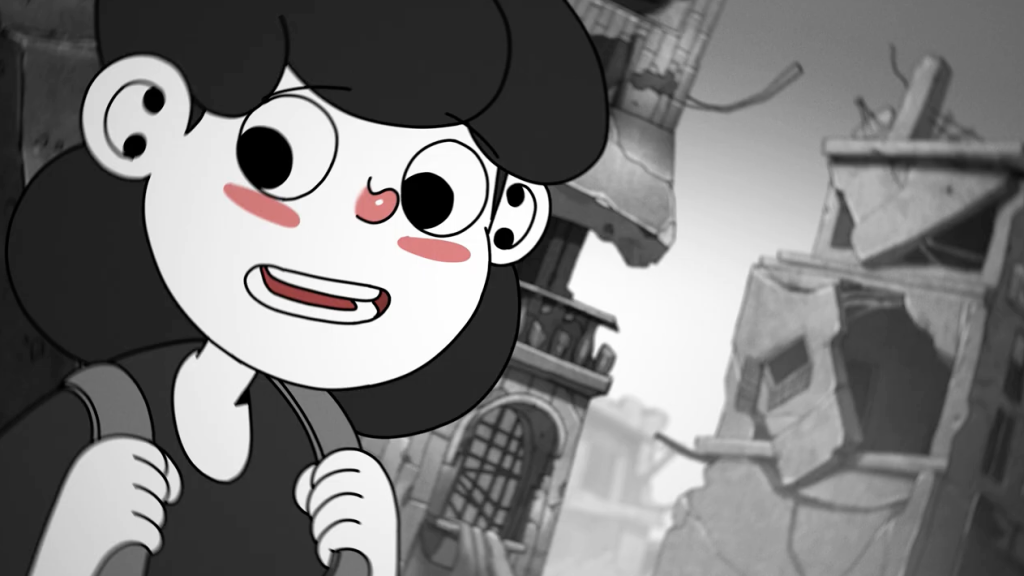The recent presentation of the short film « Amal » in Brussels has captivated audiences while shedding light on the pressing issues of children’s rights and living conditions globally. This film, created by WeWorld and Factanza, accompanies the unveiling of the ChildFund Alliance World Index, an essential tool that evaluates the living conditions of women and children across 157 countries. The index delves into the promotion, exercise, and enforcement of their rights, highlighting disparities and challenges faced in various regions.
Amal: A Symbol of Resilience and Hope
Amal, a young Syrian girl depicted in the film, embodies the everyday struggles and aspirations of children worldwide. Despite facing numerous adversities, she persists in reclaiming her dreams and securing her future through education. Her story resonates with the millions of young voices striving for recognition and a better future. The film poignantly captures her journey, representing not just her personal experiences but also those of countless children in need of advocacy and support.
This cinematic piece is more than a narrative; it’s a clarion call to recognize and address the systemic barriers that inhibit children’s rights worldwide. By amplifying the voices of the young, WeWorld aims to foster greater inclusion and influence at international forums where these communities are often underrepresented.
The Alarming Insights of the ChildFund Alliance World Index
The ChildFund Alliance World Index unveils troubling statistics, revealing that a significant proportion of children and women live in environments where their rights are minimally respected. Shockingly, 1 in 3 children and over one-quarter of women endure these conditions. Countries are ranked based on the respect and implementation of children’s rights, with the index placing Northern European nations like Sweden, Ireland, and Norway at the forefront, and countries such as Chad, Mali, and Niger trailing behind.
A paradoxical finding within the index shows that children in middle-to-high-income countries often report higher levels of unhappiness compared to their peers in developing nations. This discrepancy points to complex social and economic dynamics that require nuanced understanding and interventions.
A Call for Global Action and Empathy
The insights drawn from the ChildFund Alliance World Index and showcased in « Amal » emphasize the urgent need for global collaboration and empathy in addressing these disparities. Dina Taddia, CEO of WeWorld, highlights the necessity of breaking down barriers to real inclusion for children in decision-making processes. She calls for concerted efforts to listen to and elevate young voices in international arenas.
- The pressing need to eliminate systemic barriers that prevent full inclusion
- Strategies for empowering children and ensuring their voices are heard at global forums
- Examples of successful advocacy and intervention programs
This endeavor underscores the importance of creating safe, supportive environments that not only acknowledge but actively promote and protect the rights of children and women worldwide. As we strive towards a future where every child’s rights are realized, « Amal » stands as a testament to the power of resilience and the collective responsibility we share in empowering the next generation.
